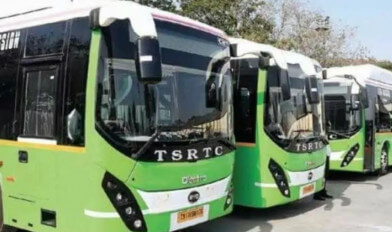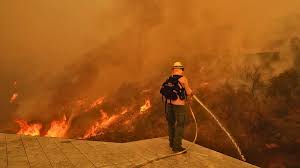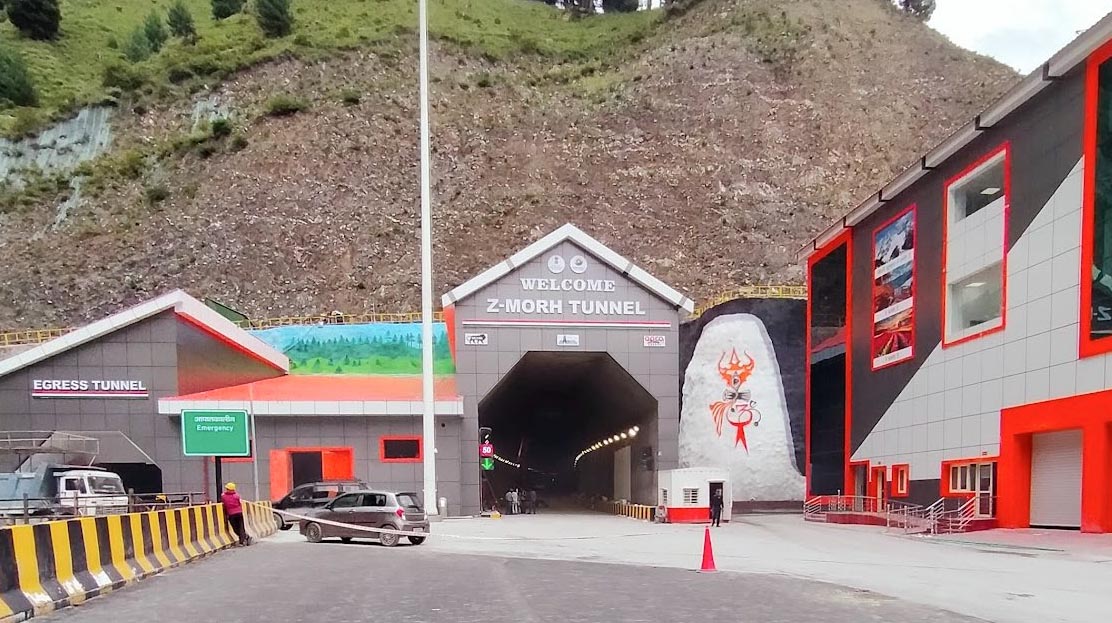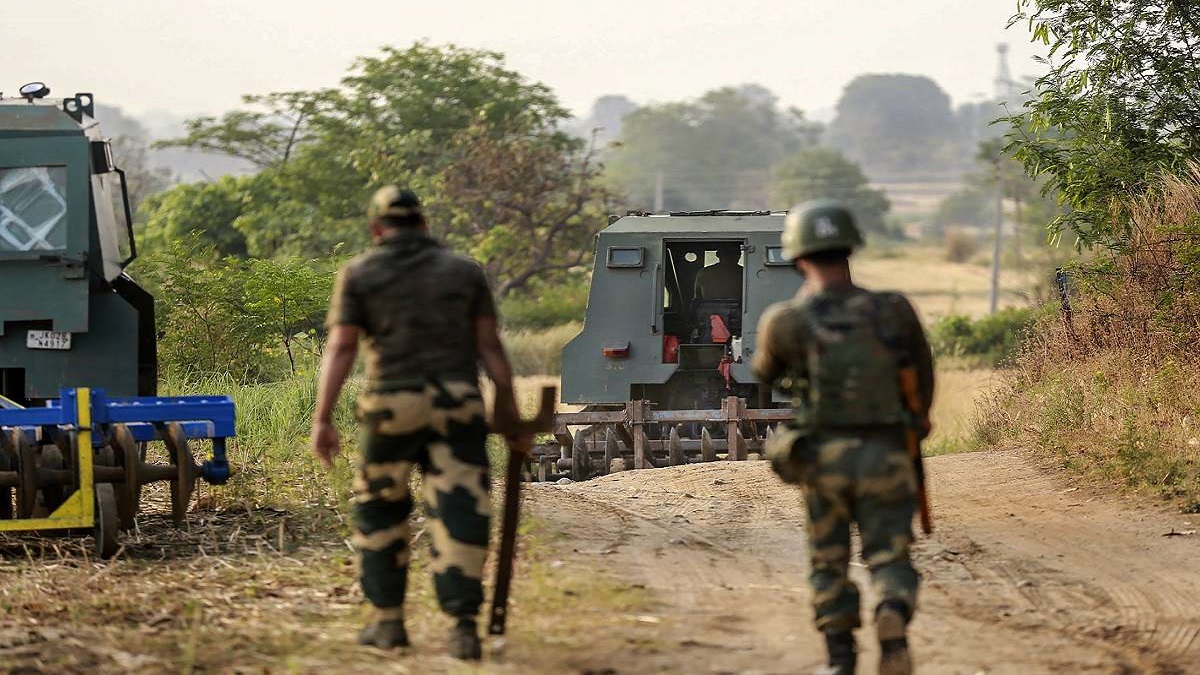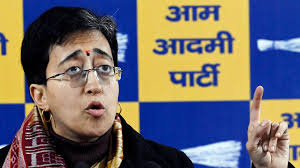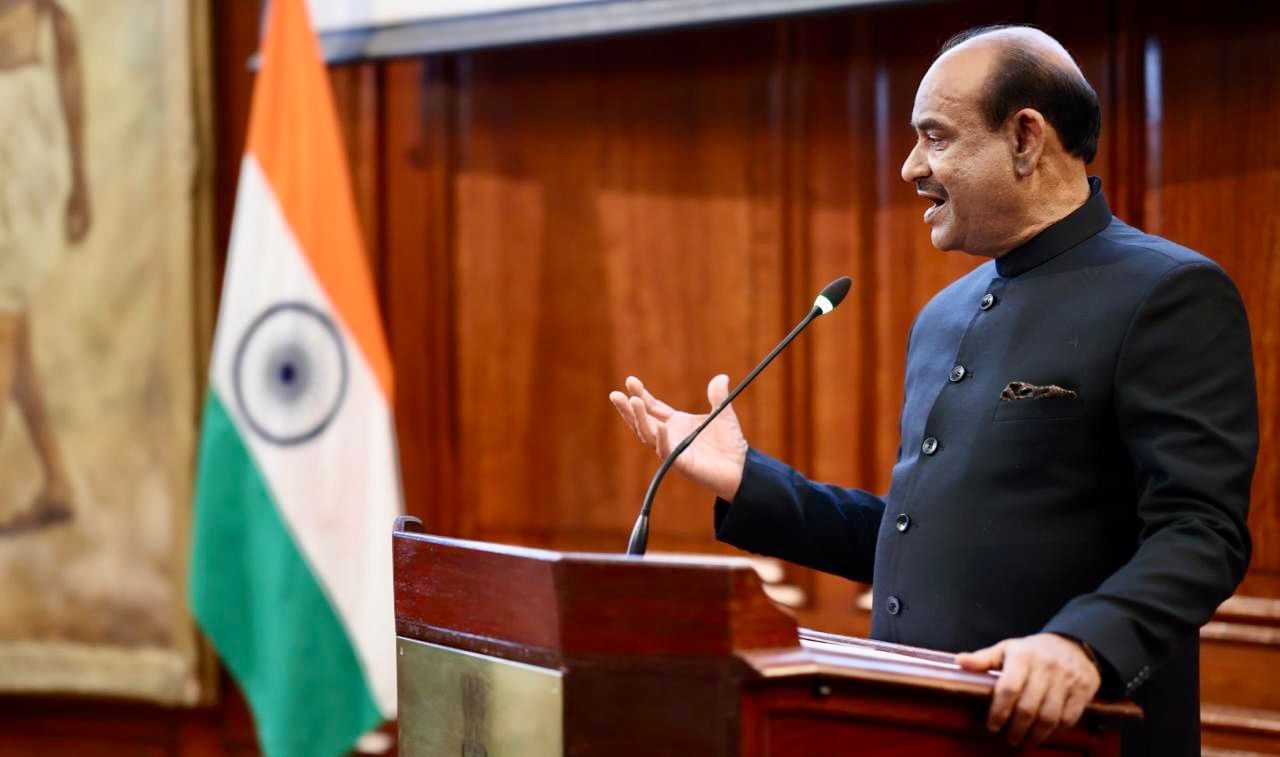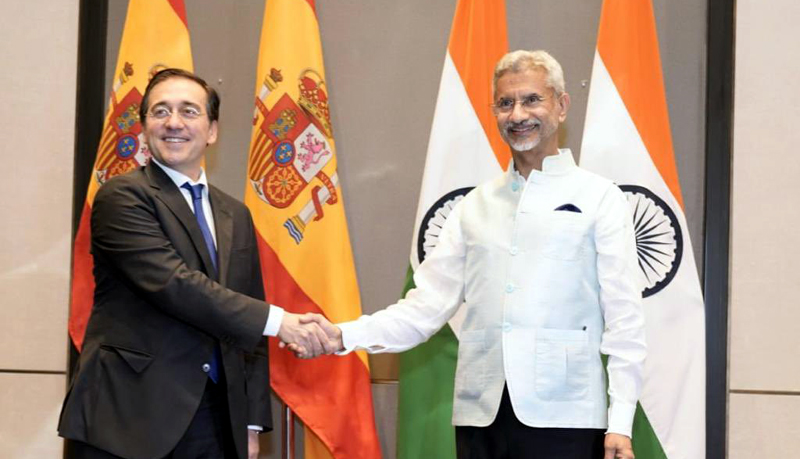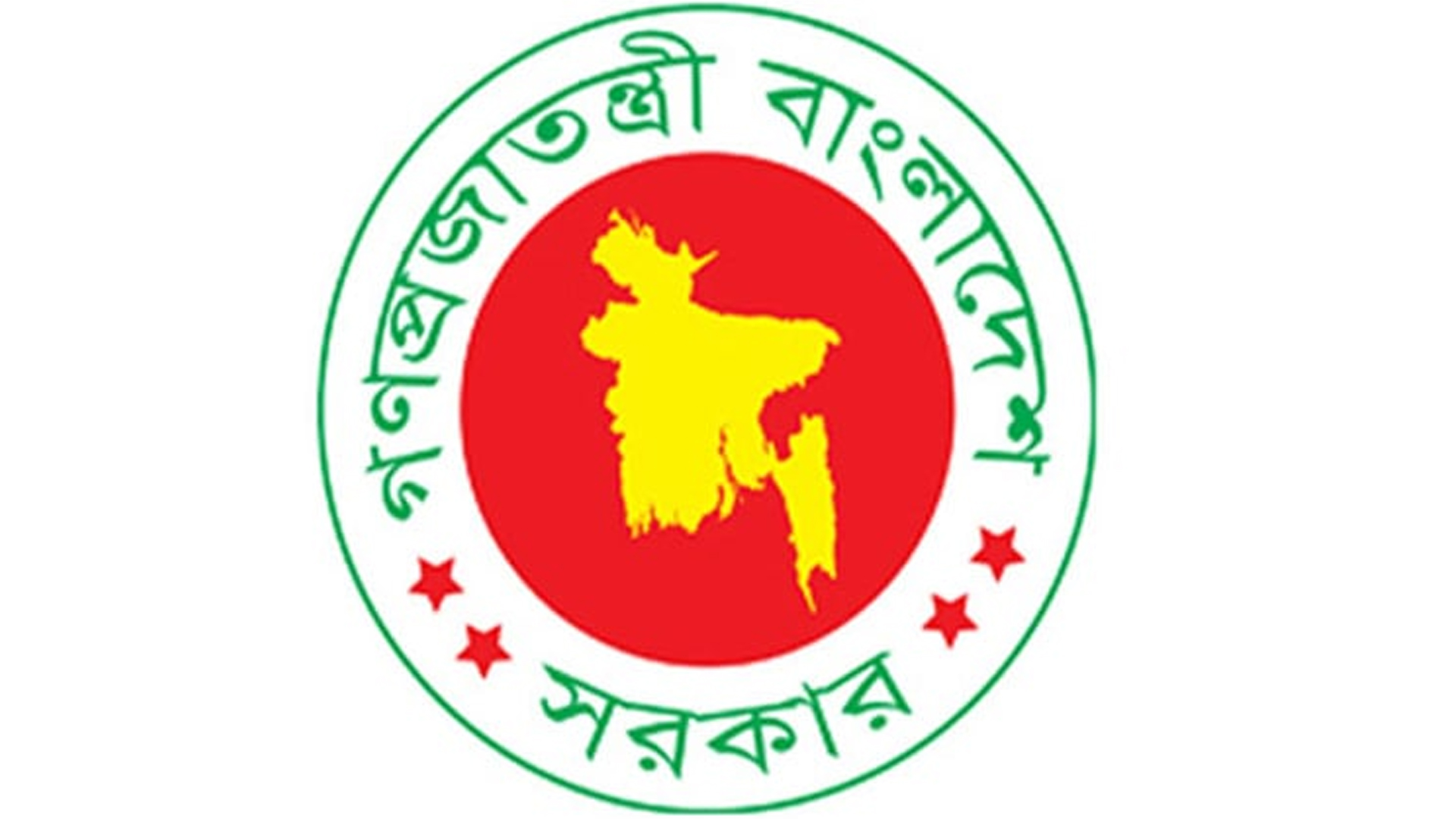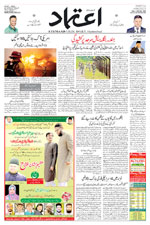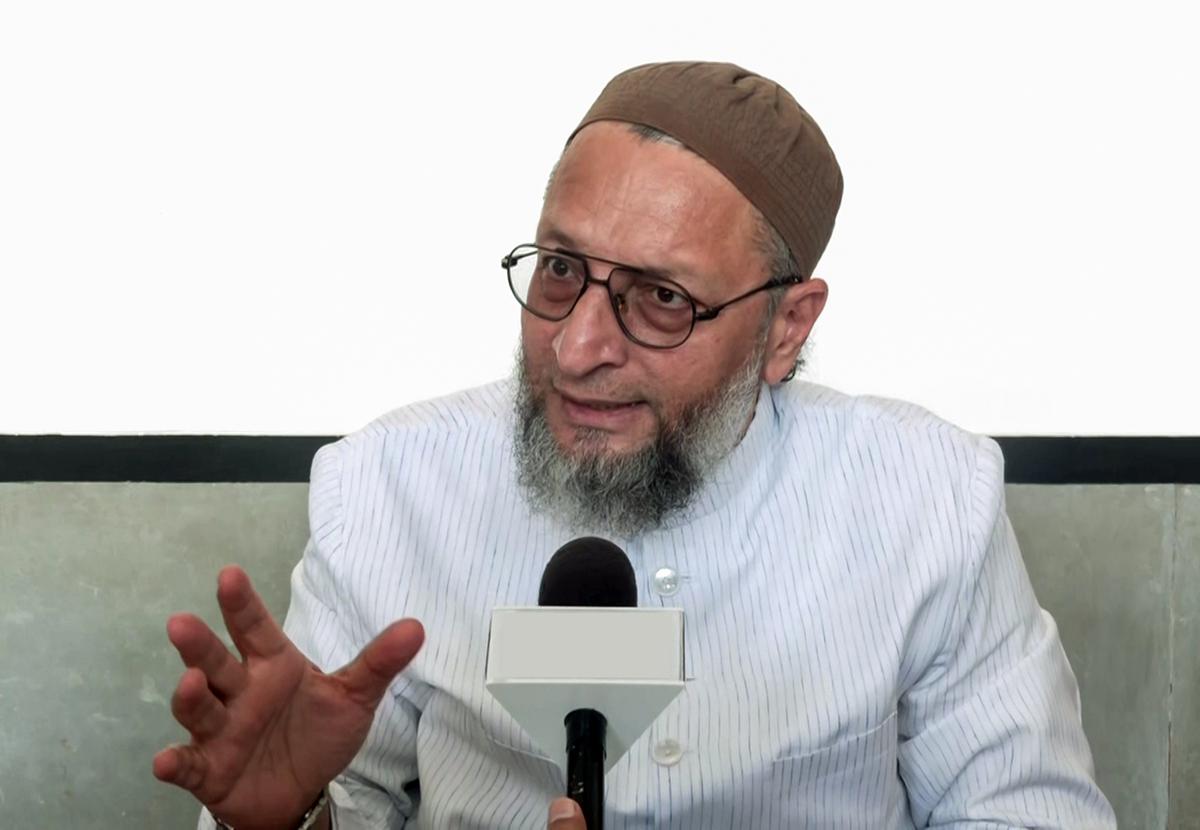TSRTC launches 100-day ‘Profit Challenge’
Fri 31 Mar 2023, 12:38:22
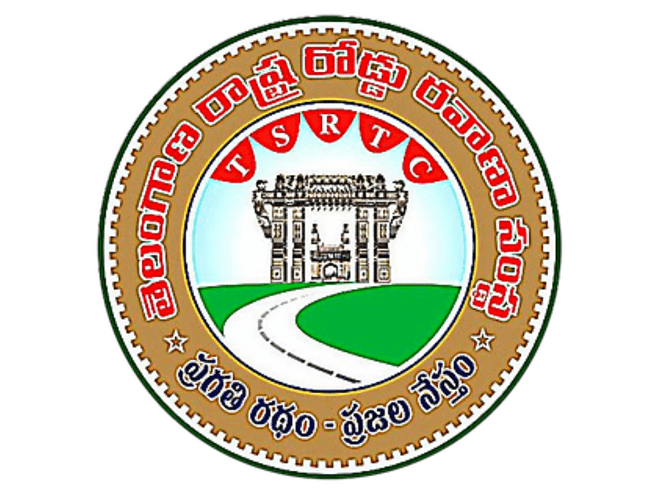
The TSRTC has been witnessing good revenues in recent times, thanks to the novel initiatives and multi-pronged strategy taken up by the management.
With a task of making about Rs 200 crore revenue, the authorities have now come up with a 100-day ‘Profit Challenge’ for the staff in order to increase the patronage in buses starting from March 23 to June 30. In 2022, the RTC was successful in getting additional profits to the tune of Rs 178 crore.
For the past few months, authorities had organised profit challenges to the staff during various festive times including Dasara, Raksha Bandhan, Deepavali, Sravana Masam, etc. This helped in increasing the revenue across many depots when compared to the previous years.
After that success, the management started a 100-day ‘Profit Challenge’ for a period of three months, thereby creating a competitive atmosphere between bus depots and increasing their profits.
As part of the challenge, the RTC officials have instructed the bus drivers and ticket conductors to gradually increase daily traffic and revenue. The depot managers were instructed and were trained and they in turn, trained the bus drivers and conductors on as many as 15
verticals.
verticals.
The staff of all the bus depots were directed to work towards making a break-even profit to the corporation and if possible, try to attend duties without taking any leave. On the weekly off days, they were asked to take up tasks to visit crowded areas and ensure they board RTC buses to safely reach their destinations.
The drivers across the State were asked to run buses for about 70,000 km and make it a point to wait for a few minutes more at the stops which are crowded.
During the peak summer, the officials were asked to reduce bus trips in the afternoon and increase trips in the morning and night time. At places where traffic is more, officials were asked to check for possibilities to run buses in the third shift i.e. during the night. For this, the maintenance of buses need to done during the day and the vehicles should be taken out for trips in the night.
The authorities also assured to give special allowances to the employees who worked over time. Apart from this, the buses which are used on the exam centre routes in rural areas, depending on the occupancy rate, would be assigned to the routes which are more crowded.
No Comments For This Post, Be first to write a Comment.
Most viewed from Hyderabad
Most viewed from World
AIMIM News
Asaduddin Owaisi questions PM Modi's China policy
Jan 08, 2025
Owaisi slams UP over police post near Sambhal mosque
Dec 31, 2024
Owaisi hails SC order on Places of Worship Act
Dec 13, 2024
AAP Corporator Tahir Hussain joins AIMIM party
Dec 11, 2024
Latest Urdu News
Most Viewed
May 26, 2020
Which political party will win the Delhi Assembly polls to be held on Feb 5?
Latest Videos View All
Like Us
Home
About Us
Advertise With Us
All Polls
Epaper Archives
Privacy Policy
Contact Us
Download Etemaad App
© 2025 Etemaad Daily News, All Rights Reserved.

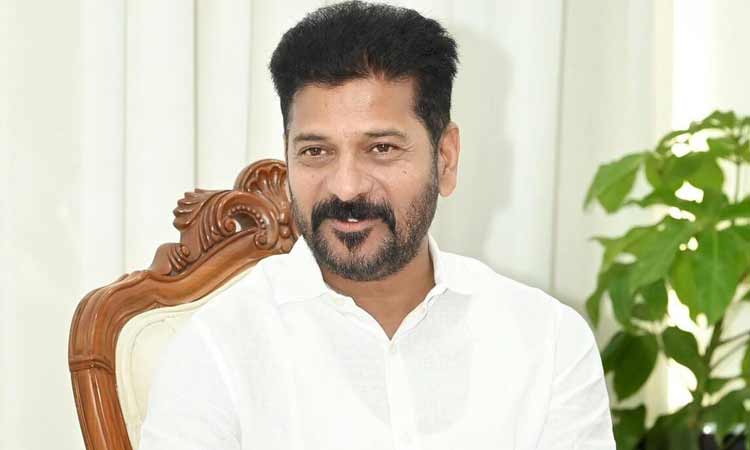
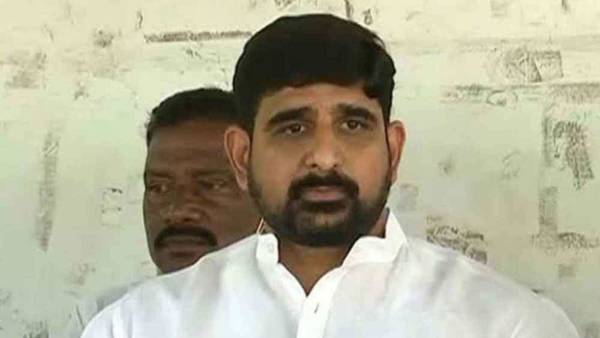

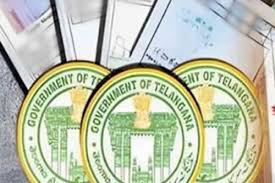
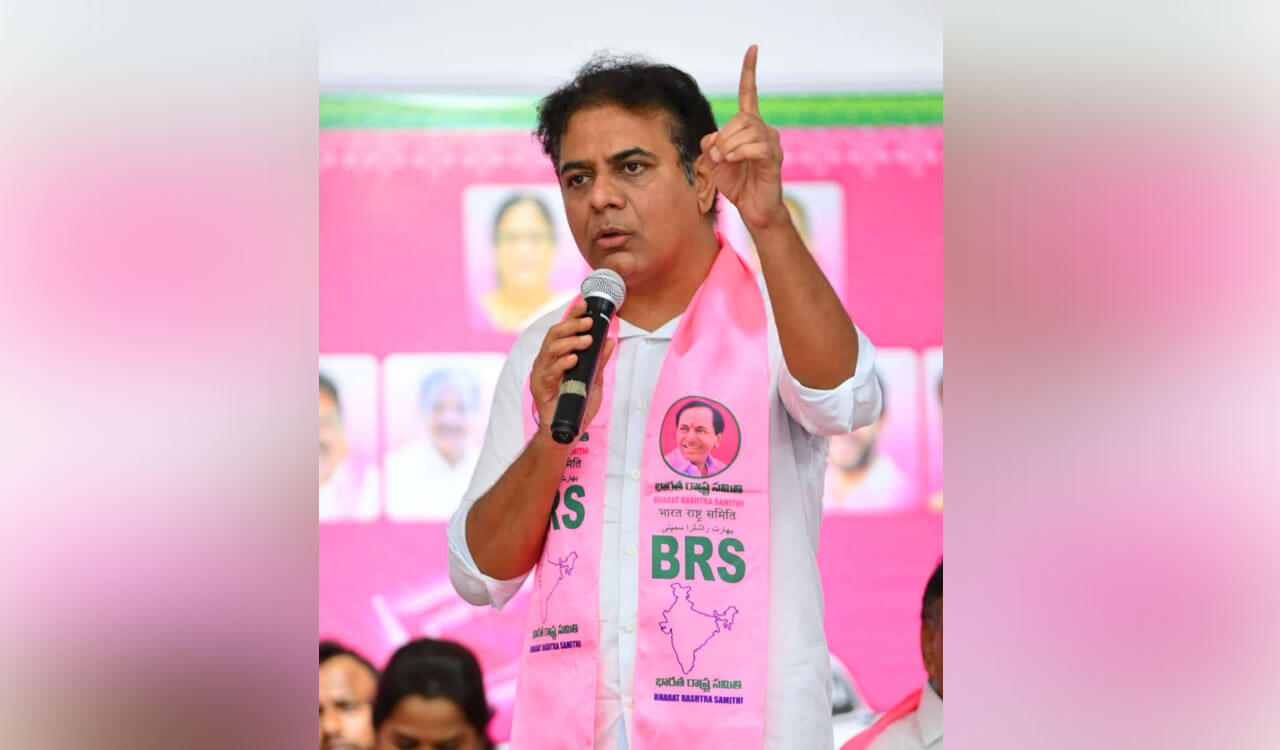
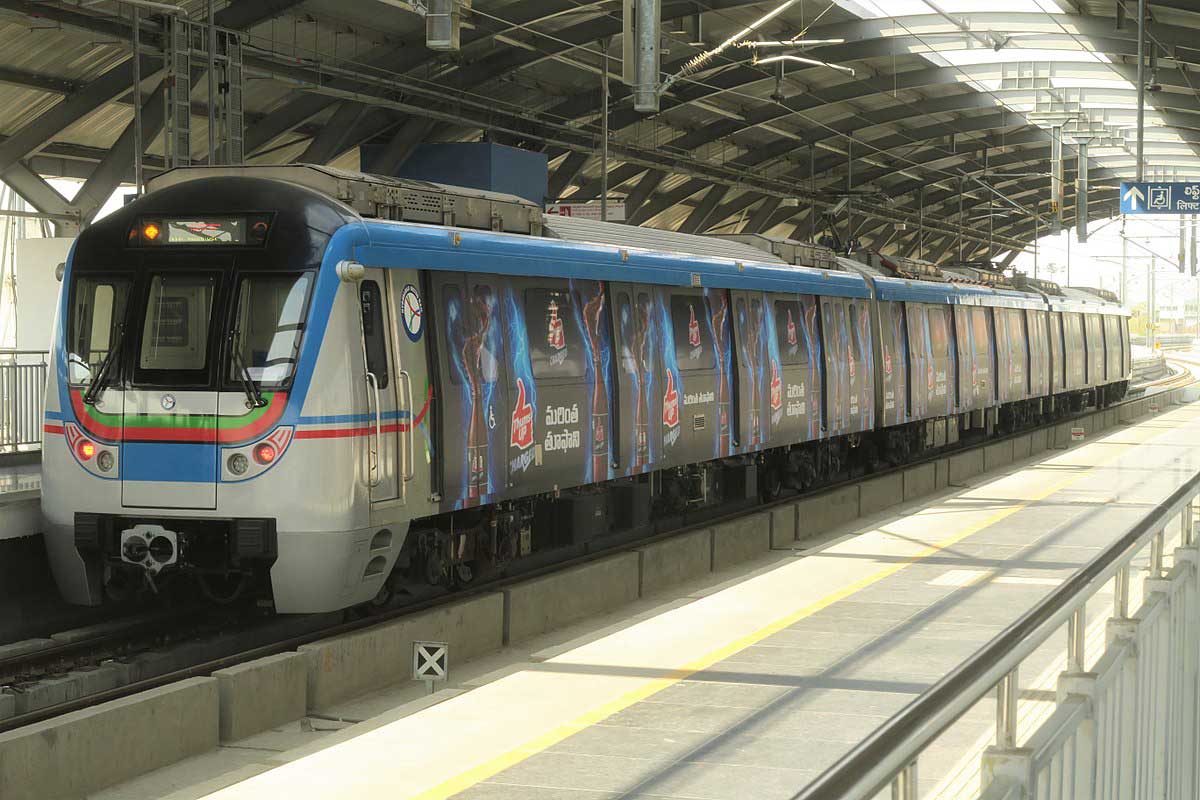
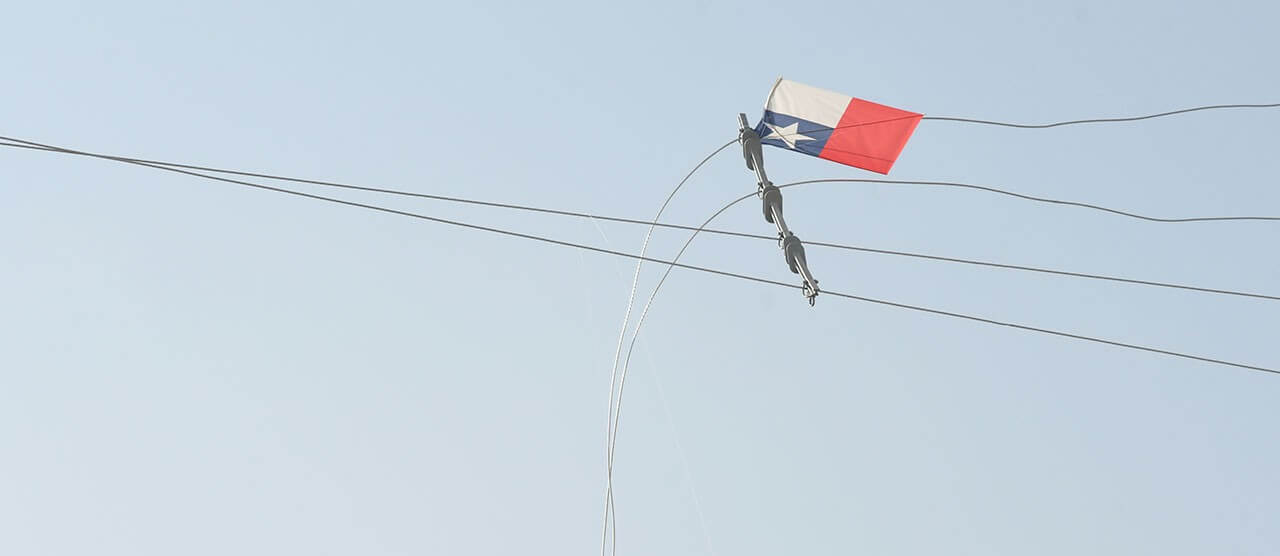
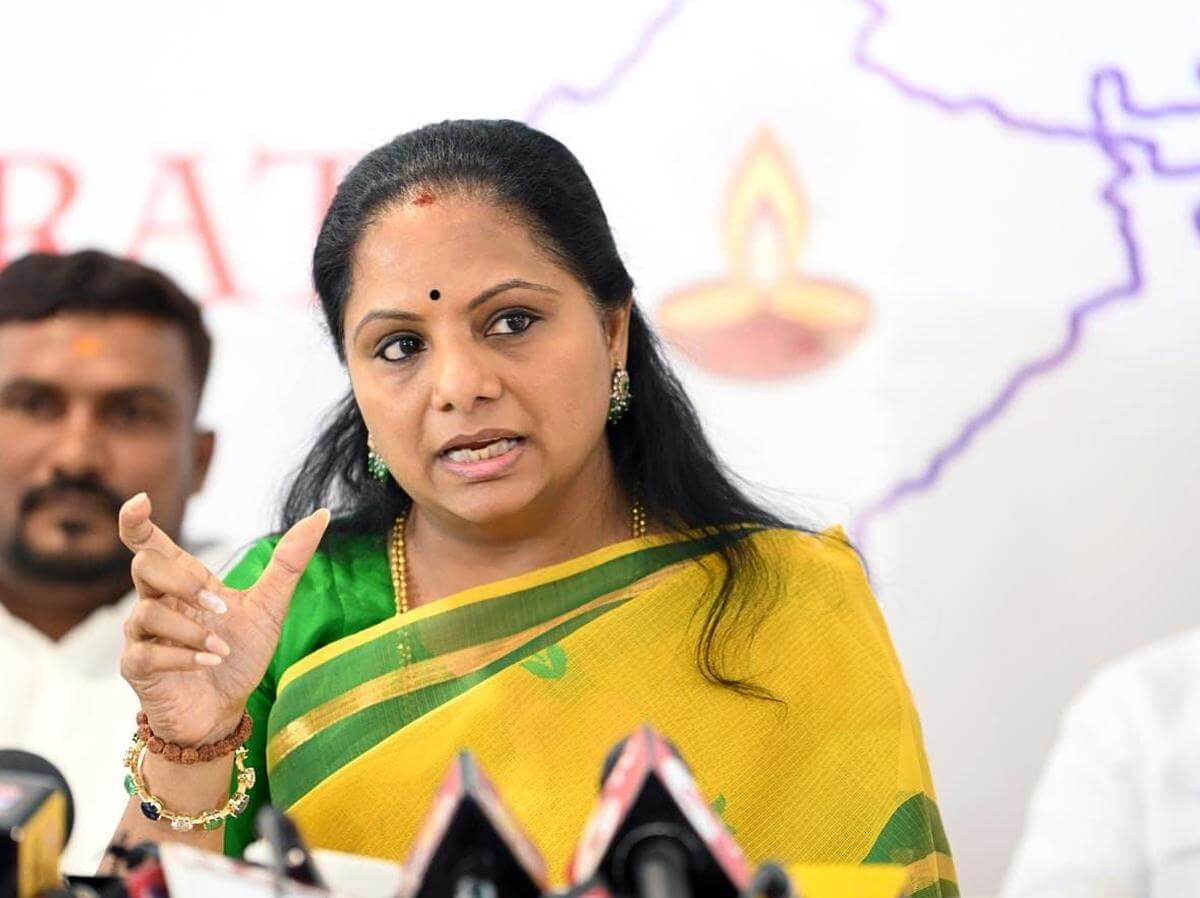
.jpg)

